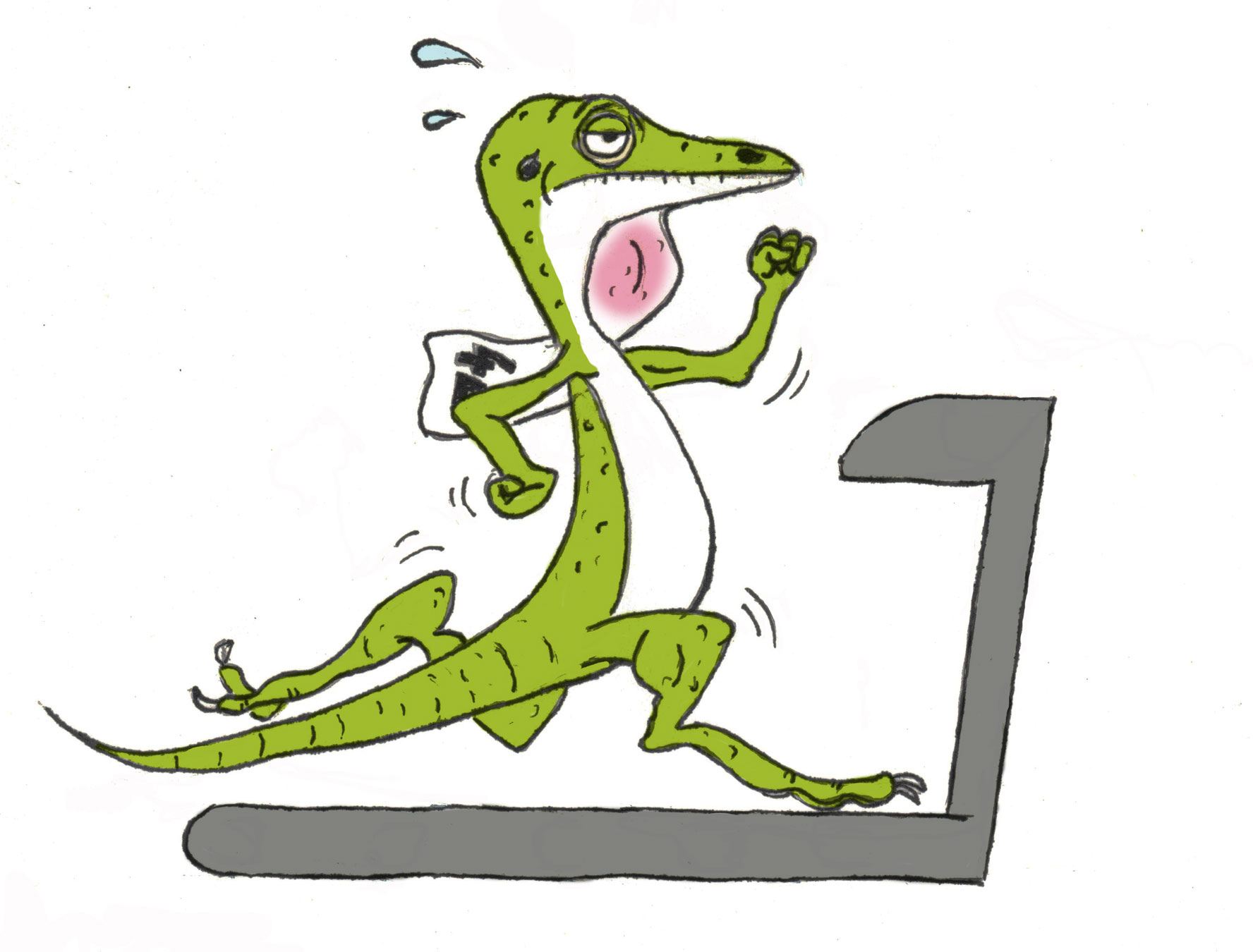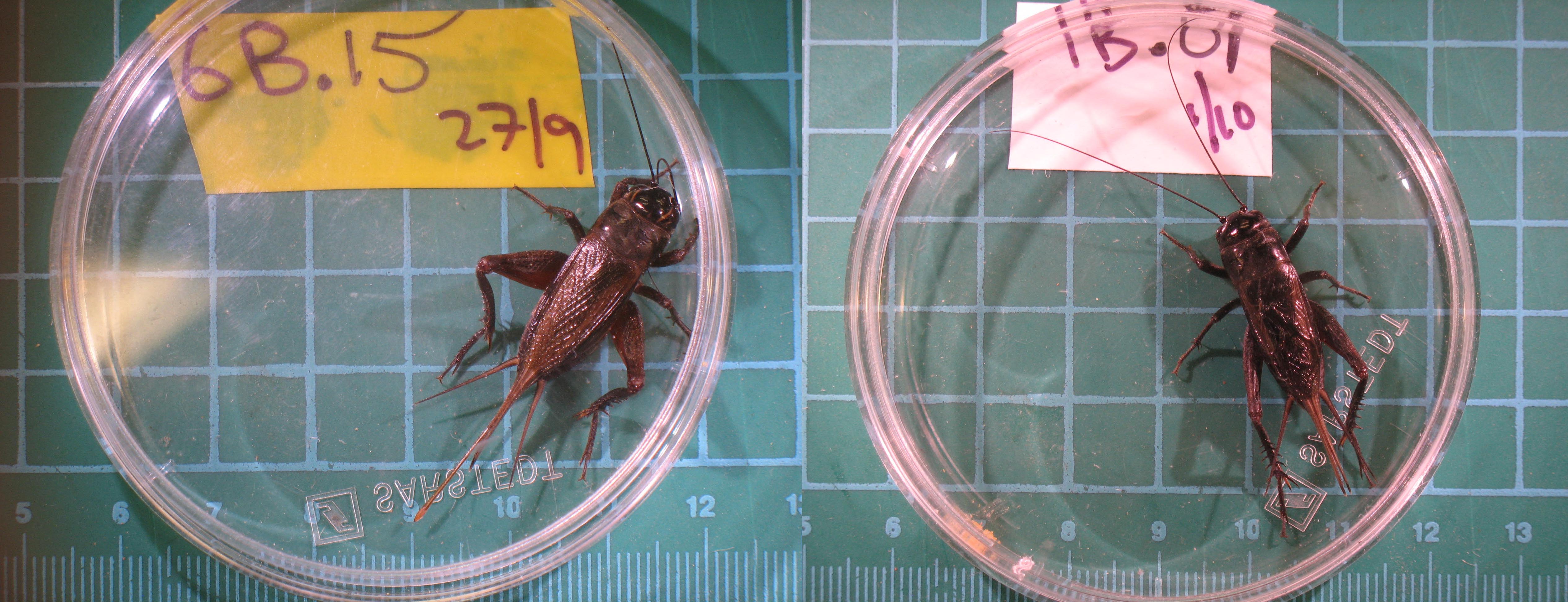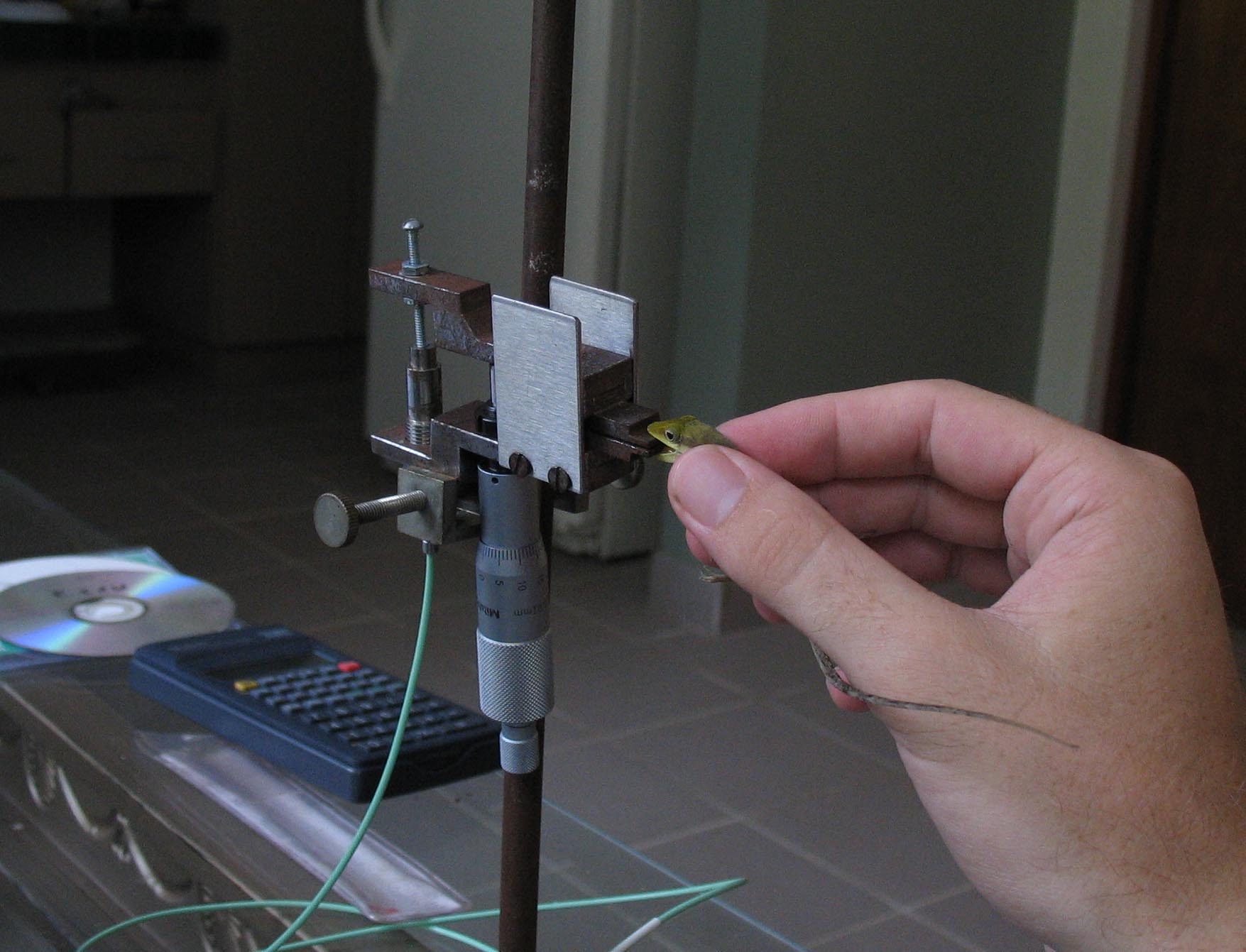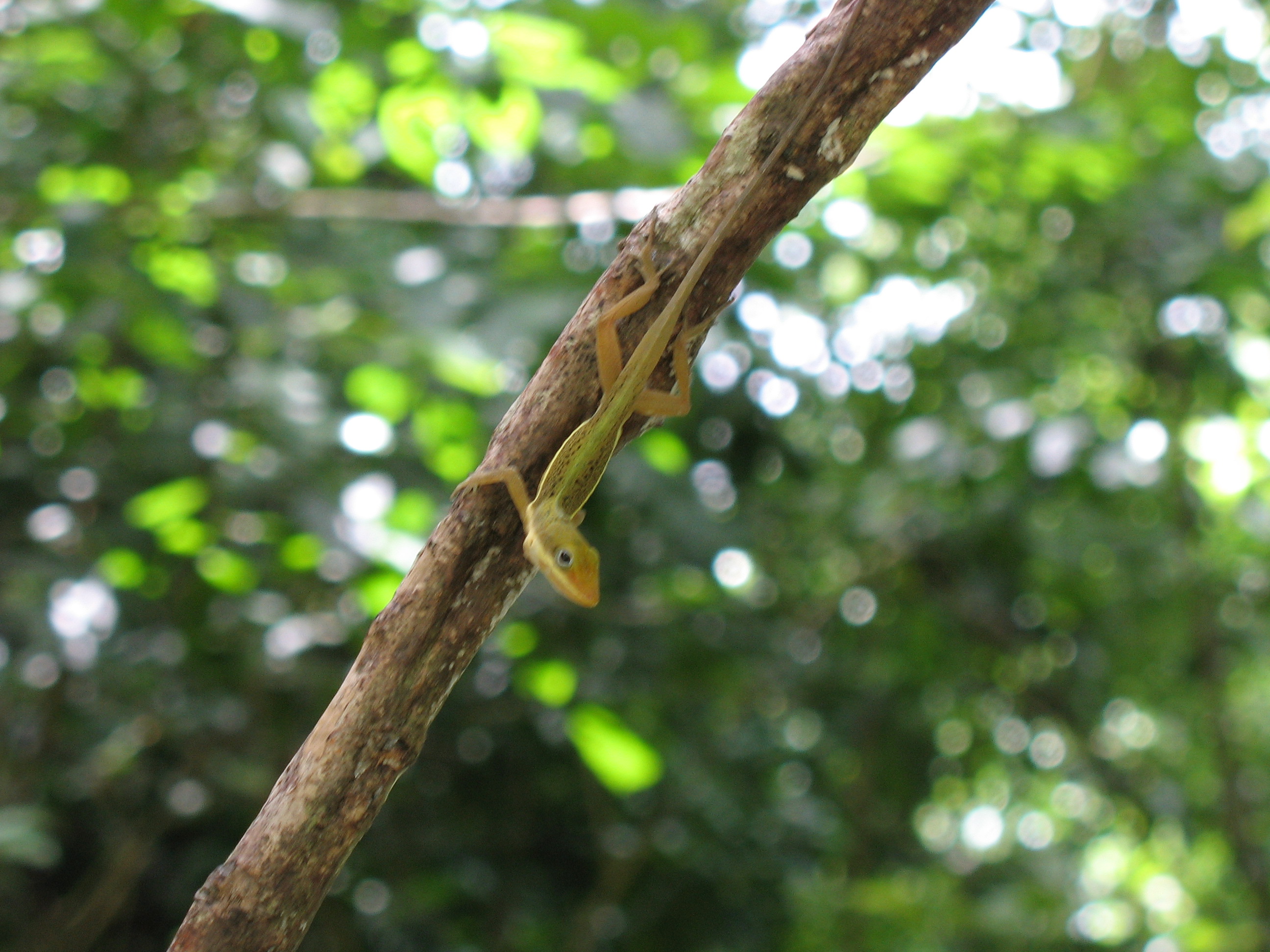Research Overview
Research in the lab is wide-ranging, covering topics across several animal taxa. Common themes include the interface between function and behavior, and how organisms use performance to acquire fitness. We use integrative approaches from behavioral ecology, functional morphology, physiology, and quantitative genetics.
Performance, Life-History, and Selection
A major line of inquiry is aimed placing whole-organism performance squarely within a life-history/quantitative genetic context and testing for trade-offs among performance and life-history traits associated with fitness and genetic quality. We are interested in the factors that shape performance expression, and in how performance is linked to fitness through its influence on survival via natural selection or through its connection to male weapons and ornaments that are the targets of sexual selection. A long term collaboration with Jerry Husak at the University of St Thomas over the last decade involves using exercise training in Anolis carolinensis to prompt resource allocation trade-offs, with the aim of understanding the metabolic pathways underlying performance expression within the context of the integrated organismal phenotype. We have also tested how investment in performance affects survival and fitness in nature.

Sexual Dimorphism, Conflict, and Aging
The evolution of sex-differences between males and females has received relatively little attention outside of the context of reproduction. We study sexual dimorphism in whole-organism performance and associated morphological traits to better understand male and female ecology and life-histories from a functional perspective. In addition to testing for sex-specific patterns of both genetic and phenotypic performance trade-offs and how they might be driven by intralocus sexual conflict, we are currently altering levels of performance through manipulation of biogenic amines with the aim of ascertaining how both male and female performance affects the outcomes of mating interactions. A related line of inquiry involves looking at the factors affecting sex-specific development and aging in insects.

Lizard Ecology and Evolution
We examine territoriality, cognition, and multivariate trait evolution in Anolis lizards. Current work investigates population-level variation in green anoles and explores sleep ecology—focusing on site selection and disturbance impacts on physiology and performance.



